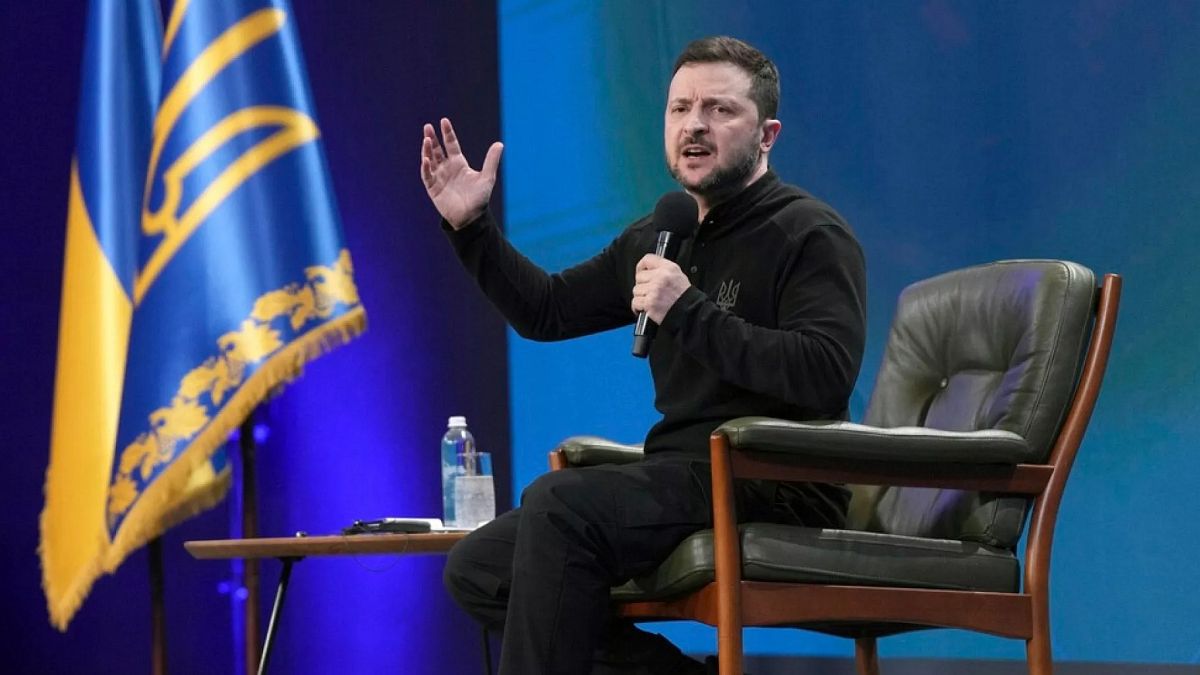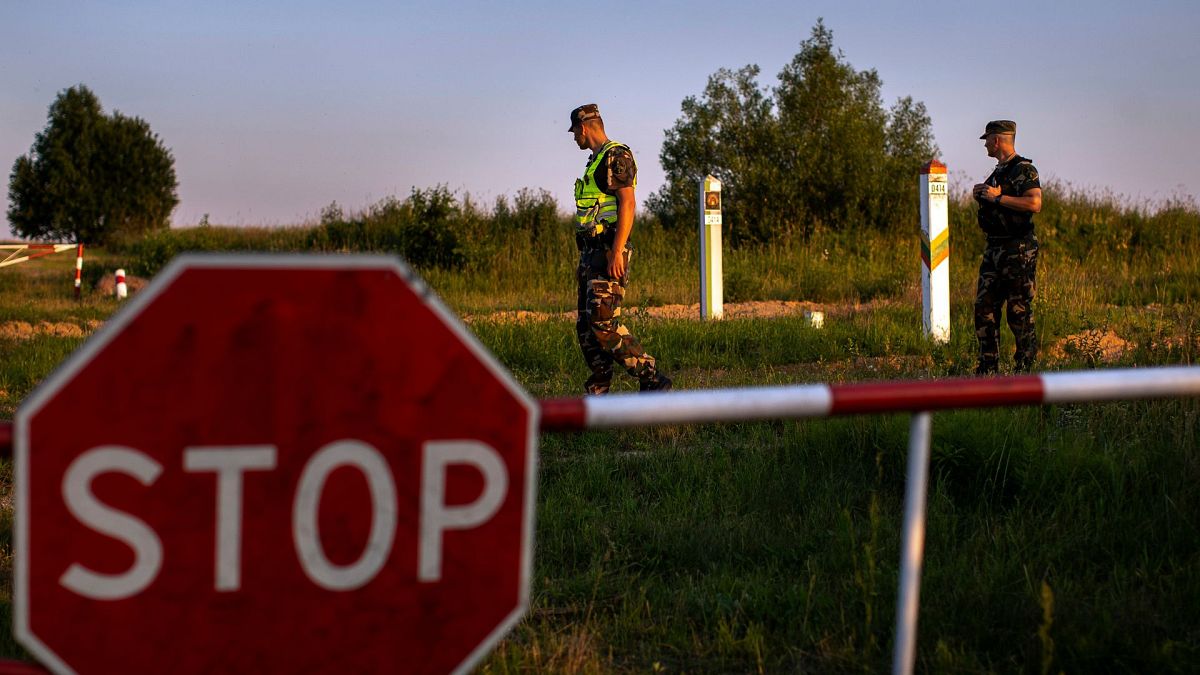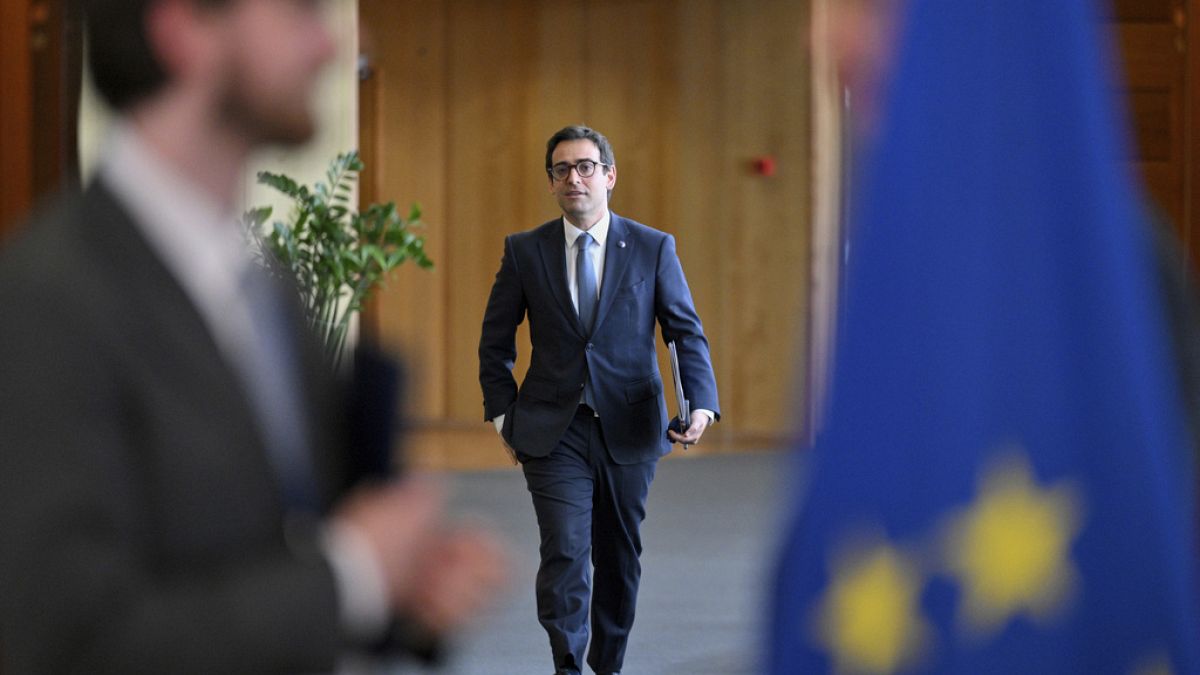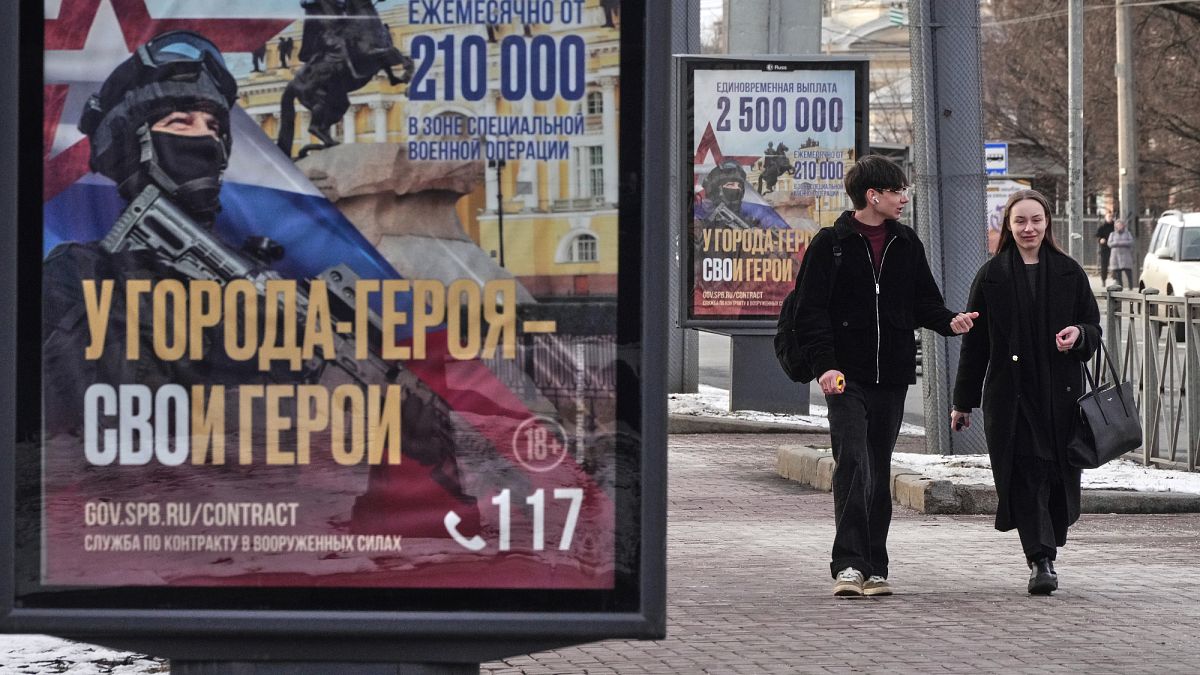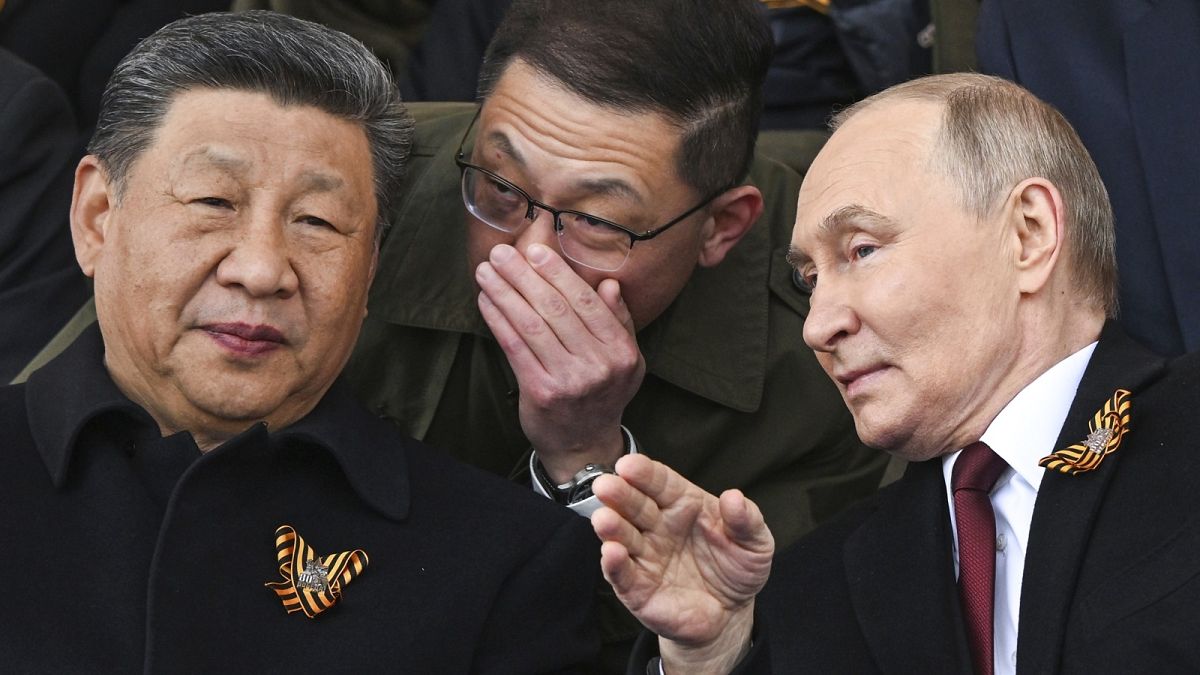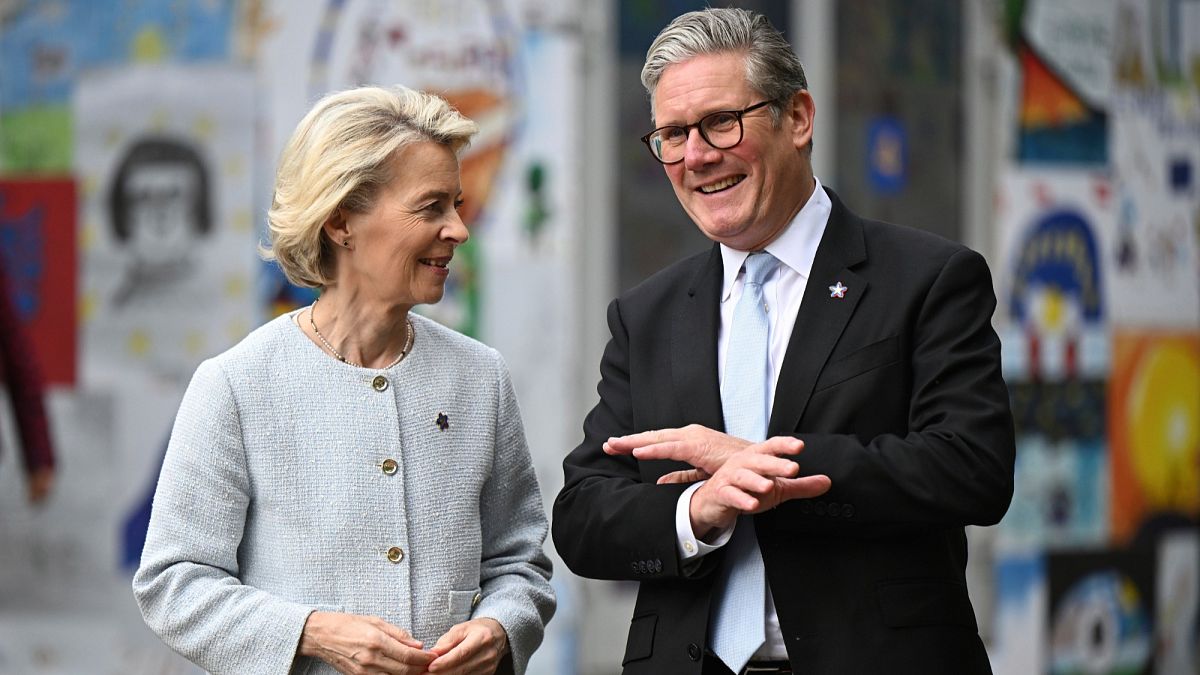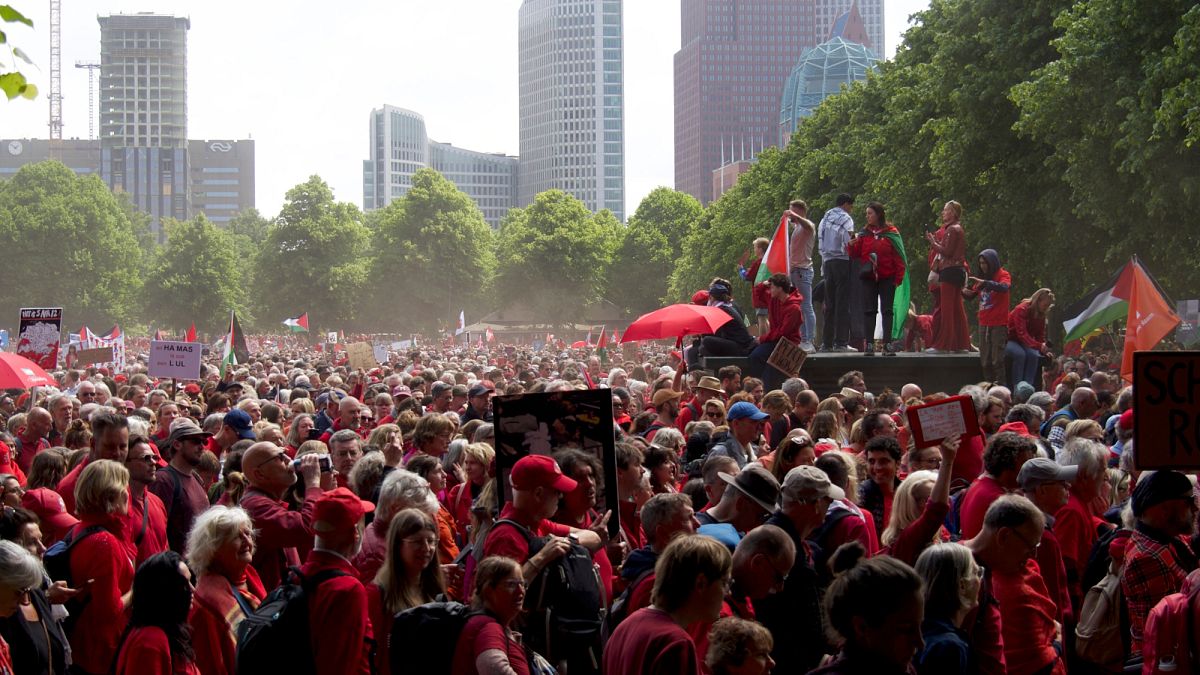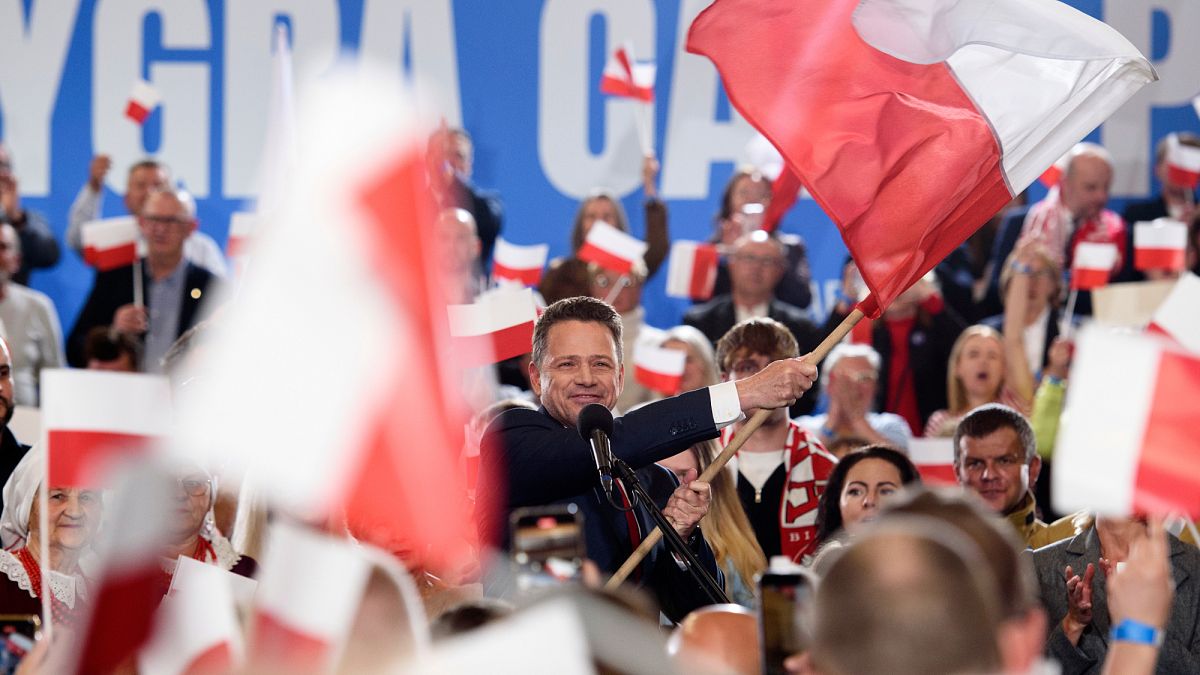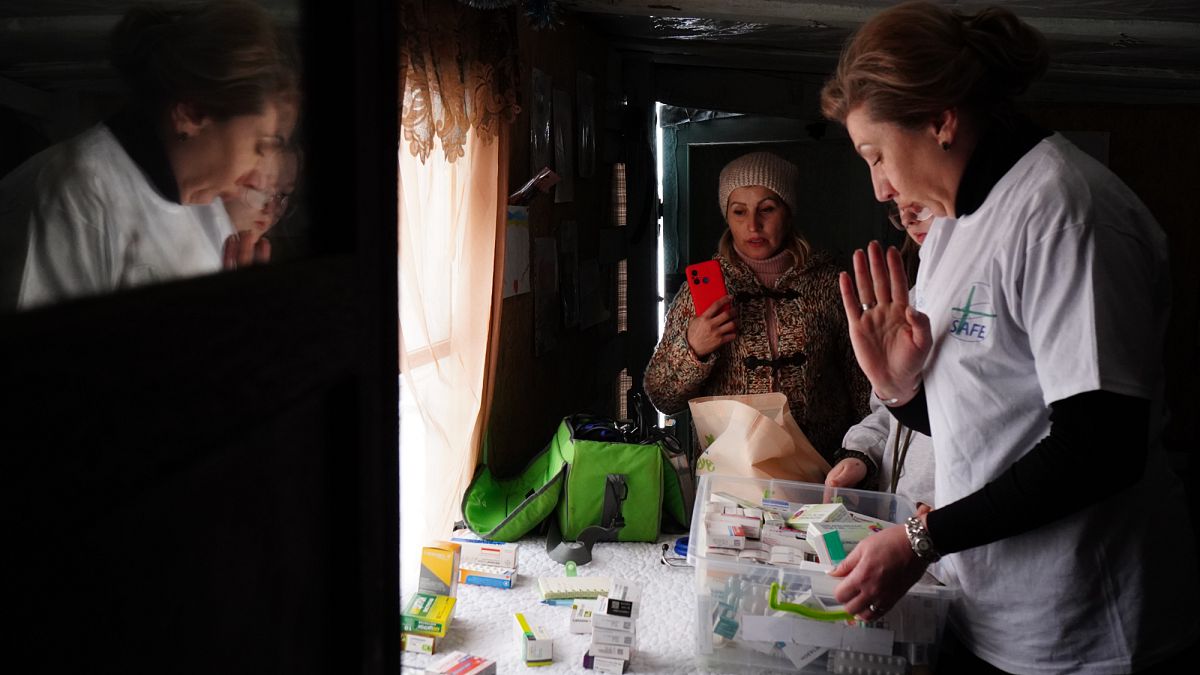The Ukrainian president said that he is focused on Ukraine’s security today and called for further guarantees from Europe and the US.
Ukraine’s President Volodymyr Zelenskyy said on Sunday he would be willing to step down if it meant peace and NATO membership for his country.
“If to achieve peace you really need me to give up my post, I’m ready,” Zelenskyy said. “I can trade it for NATO, if there are such conditions,” he said at a forum of government officials in Kyiv.
The comment seemed to be aimed at US President Donald Trump, who called the Ukrainian president a “dictator” with a “4%” approval rating earlier this week, and pushed for elections to be held in Ukraine.
The forum took place on the eve of the third anniversary of Russia’s full-scale invasion of Ukraine. Zelenskyy said that he is “focused on Ukraine’s security today, not in 20 years” and that he was “not going to be in power for decades”.
“We will talk about our strategy but not for the coming years, rather for the next (few) weeks. It is important that we will discuss formats of the security guarantees for Ukraine, first of all from Europe and, undoubtedly, we need the United States,” he said.
When asked by Euronews’ Sasha Vakulina which decisions would be made during the European Commission and the leaders of the Baltic countries’ visit to Kyiv on Monday, Zelenskyy said, “I don’t want to give too much of a spoiler today.”
“We have strong decisions regarding the support of Ukraine. There is a separate meeting and task for the prime minister and the speaker of the parliament, as I said,” he added.
“I focus on the support packages, and there will be concrete decisions, concrete sums and numbers, concrete weapons, and concrete sanctions against Russia,” Zelenskyy concluded.
The Ukrainian leader also said he would not sign a US aid deal that “will be paid off by ten generations of Ukrainians.”
“We must not recognise grants as debts, whether someone likes it or not,” said Zelenskyy, in reference to Washington’s proposal for Kyiv to pay back the support it received as it defended itself from Moscow’s war.
Additional sources • AP






